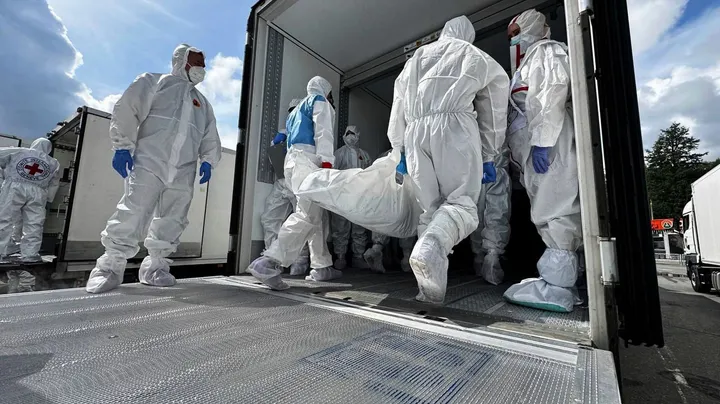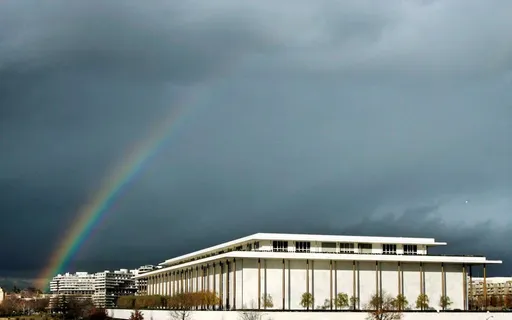The old adage that good times make good neighbours and crisis makes friends is being put to the test in European states, as countries strike to balance self interest with the principles that purportedly bind them.
Europe has borne the brunt of the coronavirus pandemic, which began at a wet market in China’s Wuhan province in late 2019. At the time of publication, there are more than 936,000 cases and 47,000 fatalities, across the globe. More than 30,000 deaths are in Europe alone.
Particularly hard hit are Italy, with more than 110,000 cases and 13,000 deaths, and Spain with just over 100,000 cases and more than 9,000 fatalities.
The plight of both countries has prompted an unprecedented outpouring of sympathy worldwide, as countries do what they can to help each other.
Turkish President Recep Tayyip Erdogan has instructed his country’s military to deliver medical aid, such as face masks and anti-bacterial fluids by plane to Madrid and Rome in their time of need.
Even states as far from Italy as Cuba have sent medical experts to help the country counter the spread of the Covid-19.
That kind of response though, is far from universal.
In an interview with an Italian newspaper, French President Emmanuel Macron declared that: “France is alongside Italy”.
He sought to distance himself from the accusation that EU states were not doing enough for each other while foreign states were sending aid.
“There is a lot of talk about Chinese or Russian aid, but why don’t we say that France and Germany have delivered two million masks and tens of thousands of gowns to Italy?” He asked.
It may be that France has delivered aid to affected European states, but that fact masks another seemingly unflattering reality.
French authorities may be supplying masks to their neighbours but have also been seizing protective equipment destined for them.
In one incident, 120,000 face masks destined for the UK were impounded by customs officials before being released only after a small diplomatic tussle.
In another far larger seizure, French authorities commandeered the distribution of six million face masks from a Swedish company that were already contracted to the EU and other European partners, such as Italy, Spain, Switzerland, and Portugal.
The incident led to high-level protestations by authorities in Stockholm and the release of some, but not all, of the stock. Swedish diplomats consider the issue “not solved”.
France is not alone in this behaviour. Germany, for example, has been sending Italy aid to deal with its Covid-19 epidemic, while blocking the delivery of 240,000 face masks to Switzerland.
The alpine state, which shares a border with Italy, has one of the highest per capita rates of coronavirus infection in the world. Swiss authorities have called for emergency talks with Germany to address the issue.
French authorities have themselves been victims of such tactics, as seen in a recent episode where a Chinese delivery of masks destined for the country was diverted to the US after authorities there outbid the French offer and offered to pay in cash.
What makes the EU examples interesting, however, is that the bloc was established to stamp out such expressions of self-interest among European nation states.
The bloc is built on a foundation of free and unhindered movement of trade across European borders, as well as mutual solidarity, but as a recent Foreign Policy article makes clear, in times of crisis, self interest often takes precedence over unity.
“If Europe can’t send face masks, why should Italy keep its some 6,000 troops on foreign missions, troops who lead and make up large parts of the United Nations’ peacekeeping mission in Lebanon and NATO’s forces in Kosovo,” the author of that piece, Elisabeth Braw, asked.
























